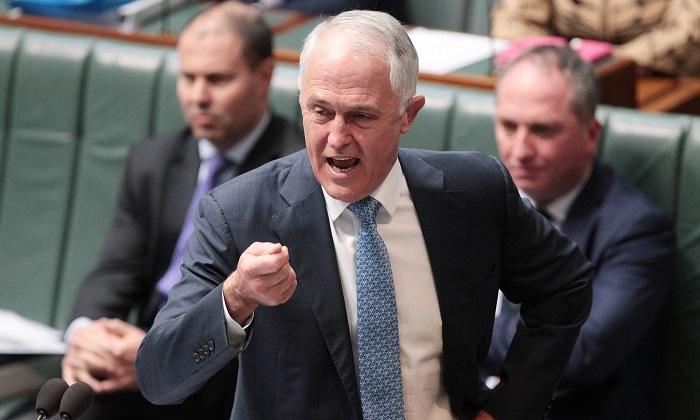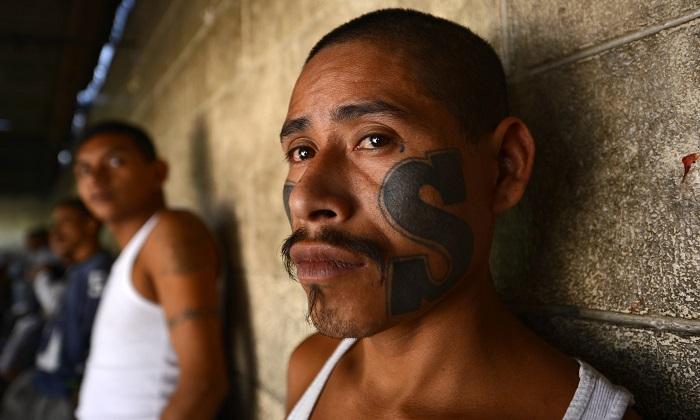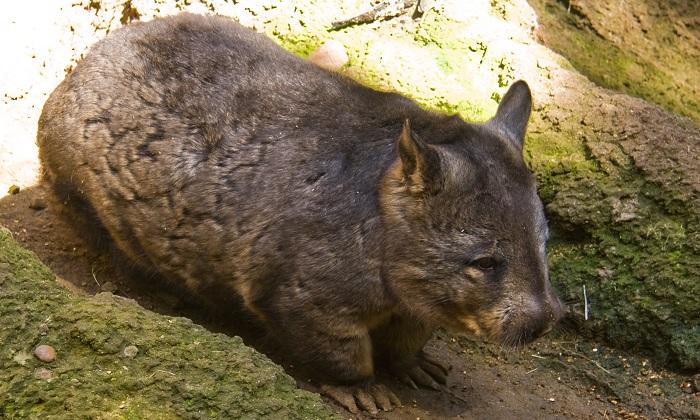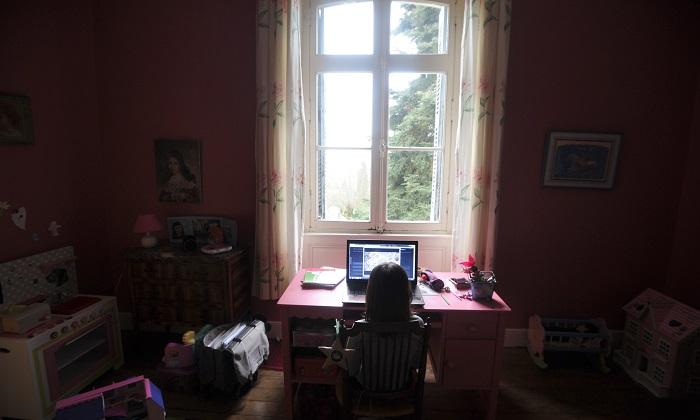Australian Prime Minister Malcolm Turnbull has said he will not back away from standing up for his country’s interests following criticism from Beijing over earlier comments made about reports of Chinese interference in Australia’s affairs.
Speaking to journalists on Saturday, Turnbull rejected criticism from China’s Foreign Ministry spokesperson Geng Shuang who said Friday that the Australian leader was pandering to “irresponsible reports by some Australian media.”




